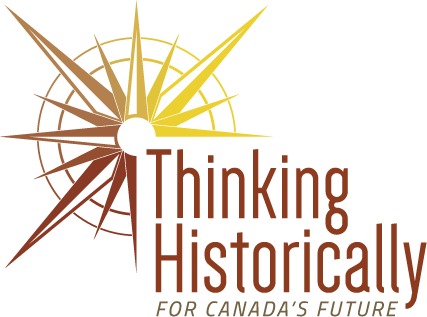Promoting Inclusive Education Practices in Elementary School through Formative Assessment
Abstract
Following the 2003 curricular reform, assessment in Quebec has been governed by three overarching values: justice, equality, and equity (MEQ, 2003). Those values find their origin in inclusive education, which promotes a competency-based assessment and the success of all students (Akkari and Barry, 2018). However, with the return to numerical results, research has shown that teachers still favoured a summative assessment approach thus failing to uphold the core values of the programme (Hadji, 2015; Issaieva and Crahay, 2010). Consequently, teachers’ evaluation practices still classify students as “good” or “bad” depending on their results. How can this situation be modified? In order to find answers to this problem, collaborative research (Desgagné, 2001) with seven elementary school teachers was realized from 2016 to 2018. The results of the focus-groups identified avenues to develop a more inclusive form of assessment. This article offers a reflection on the importance of teachers’ understanding of disciplinary epistemology as the key to gaining greater freedom in assessment practices and thus promoting a more inclusive form of assessment.
Authors/Developers
Monney, Nicole
Duquette, Catherine
Couturem, Christine
Name of conference, organization, journal, or publisher
The Journal of Studies in Language, Culture and Society, 3(2)
Link
http://univ-bejaia.dz/jslcs/doc/JSLCS,%20vol%203,%20issue%202,%20%20June,%202020%20-33-47.pdf
Date of Publication
6/1/2020
